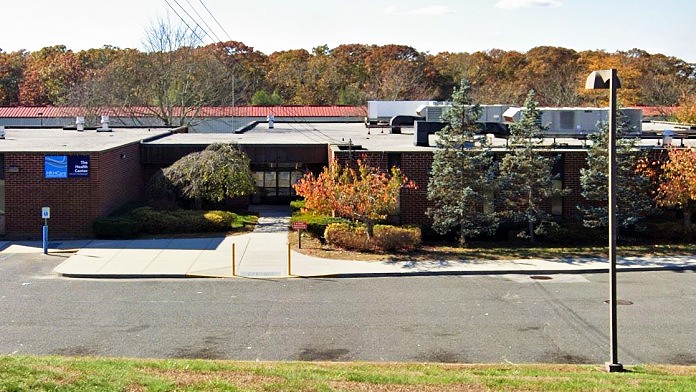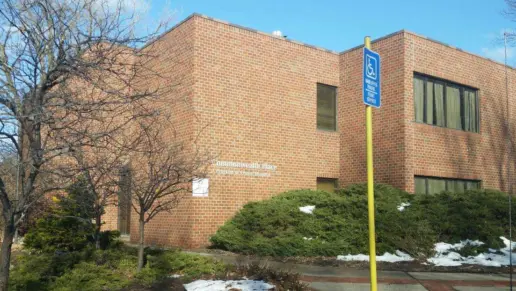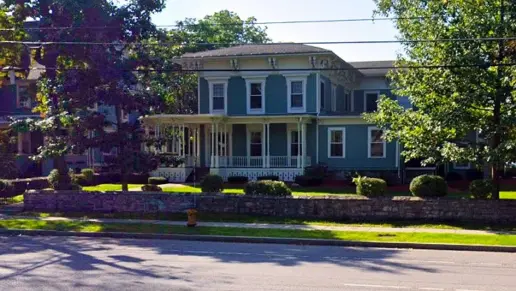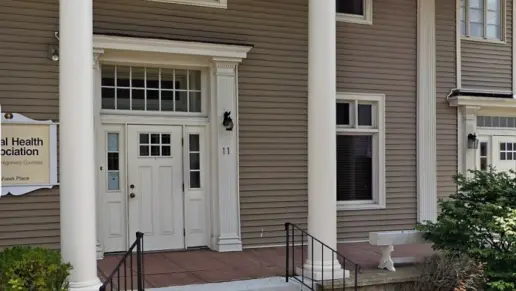About Long Island Community Hospital Outpatient Chemical Dependency
The Long Island Community Hospital’s Outpatient Chemical Dependency is in Shirley, New York. They used to be known as the Brookhaven Memorial Hospital. They deliver comprehensive outpatient care for men and women with substance use disorder. They’ve flexible treatment schedules tailored to your needs.
Upon intake, they’ll immediately get you in for assessment and appointment with physicians. Their individual, group and family counseling includes telehealth options for flexibility and convenience. They’re licensed by NYS OASAS, which signifies commitment to the highest standard of care. Moreover they boast a multidisciplinary team of highly skilled care personnel. This includes licensed counselors, social workers and certified physicians. These professionals are experts in personalized care delivery using proven therapeutic practices.
They’re also grounded in intervention, medication assisted therapy and behavioral improvement. The program involves group counseling that covers various recovery aspects. This includes anger management, co-occurring conditions and DWI/DUI education groups.
You can also participate in medication assisted treatment of need be. This approach combines Suboxone and Vivitrol with counseling to tackle the physical and psychological aspects of opioid addiction.
Other services include addiction education, psychiatric medication management and LGBTQIA+ informed care. They also provide peer-to-peer support, encouragement and assistance with accessing community resources. This facility accepts various insurance plans, including Medicare. Sliding scale fees option is also available for self-pay patients.
Rehab Score
Gallery

Location
Other Forms of Payment
Medicaid is a state based program that helps lower-income individuals and families pay for healthcare. Medicaid covers addiction treatment so those enrolled can use their coverage to pay for rehab. When a program accepts Medicaid the client often pays very little or nothing out of their own pocket.
Private insurance refers to any kind of healthcare coverage that isn't from the state or federal government. This includes individual and family plans offered by an employer or purchased from the Insurance Marketplace. Every plan will have different requirements and out of pocket costs so be sure to get the full details before you start treatment.
Self-pay involves paying for treatment out of your own pocket. You can use savings or credit, get a personal loan, or receive help from family and friends to fund your treatment. If you don't have insurance or your insurance plan doesn't cover a specific program, self-pay can help ensure you still get the care you need.
Sliding scale payments are based on a client's income and family size. The goal is to make treatment affordable to everyone. By taking these factors into account, addiction recovery care providers help ensure that your treatment does not become a financial burden to you or your family, eliminating one barrier to care.
Medicare is a federal program that provides health insurance for those 65 and older. It also serves people under 65 with chronic and disabling health challenges. To use Medicare for addiction treatment you need to find a program that accepts Medicare and is in network with your plan. Out of pocket costs and preauthorization requirements vary, so always check with your provider.
Addiction Treatments
Levels of Care
Treatments
The goal of treatment for alcoholism is abstinence. Those with poor social support, poor motivation, or psychiatric disorders tend to relapse within a few years of treatment. For these people, success is measured by longer periods of abstinence, reduced use of alcohol, better health, and improved social functioning. Recovery and Maintenance are usually based on 12 step programs and AA meetings.
When you choose drug rehab in New York, you'll participate in a variety of treatments that are designed to help you live a drug-free lifestyle. Common methods of treatment include group, individual, and family counseling, medication management, nutrition, exercise, and management of co-occurring mental health disorders.
A combined mental health and substance abuse rehab has the staff and resources available to handle individuals with both mental health and substance abuse issues. It can be challenging to determine where a specific symptom stems from (a mental health issue or an issue related to substance abuse), so mental health and substance abuse professionals are helpful in detangling symptoms and keeping treatment on track.
Opioid rehabs specialize in supporting those recovering from opioid addiction. They treat those suffering from addiction to illegal opioids like heroin, as well as prescription drugs like oxycodone. These centers typically combine both physical as well as mental and emotional support to help stop addiction. Physical support often includes medical detox and subsequent medical support (including medication), and mental support includes in-depth therapy to address the underlying causes of addiction.
Programs

Clinical Services
Group therapy is any therapeutic work that happens in a group (not one-on-one). There are a number of different group therapy modalities, including support groups, experiential therapy, psycho-education, and more. Group therapy involves treatment as well as processing interaction between group members.
In individual therapy, a patient meets one-on-one with a trained psychologist or counselor. Therapy is a pivotal part of effective substance abuse treatment, as it often covers root causes of addiction, including challenges faced by the patient in their social, family, and work/school life.
Contact Information
550 Montauk Highway
Shirley, NY 11967


